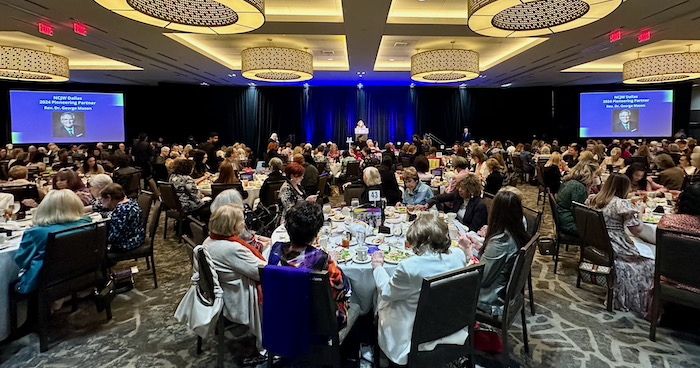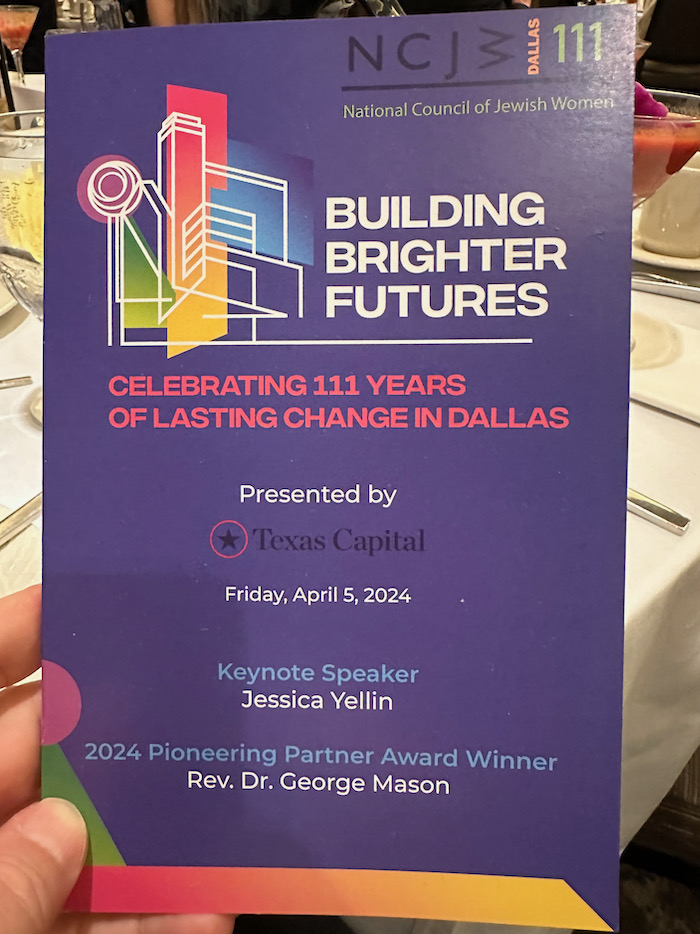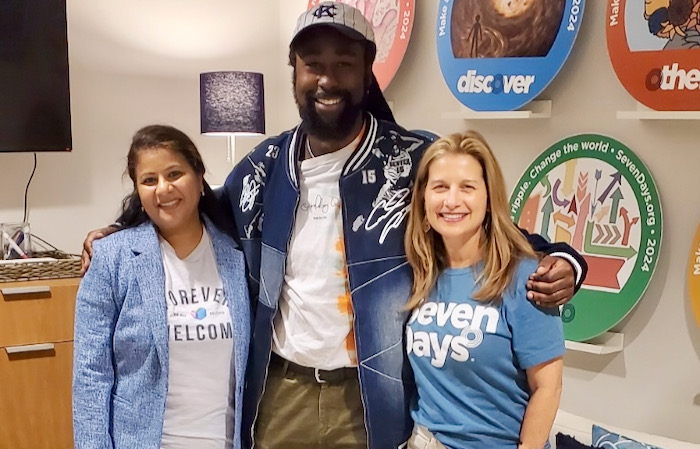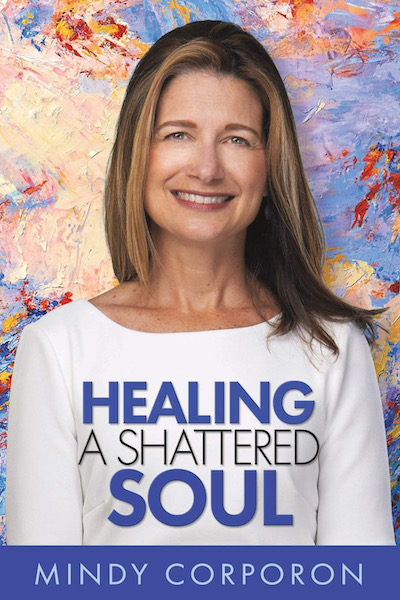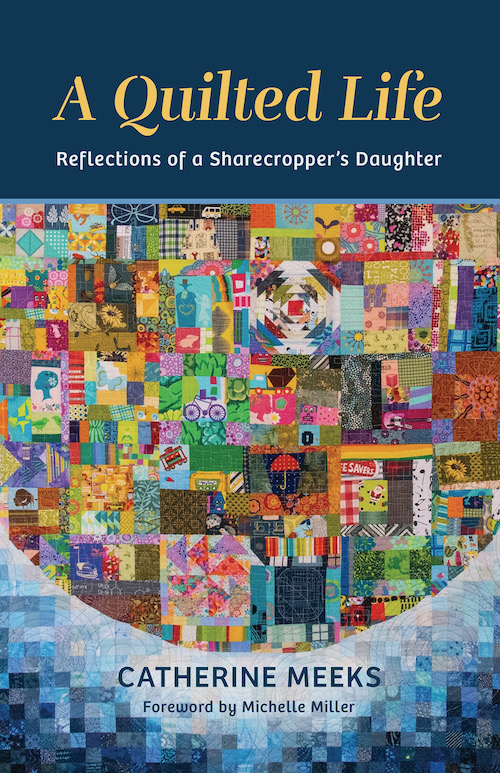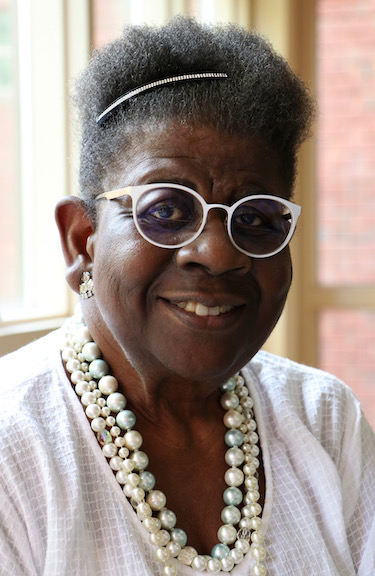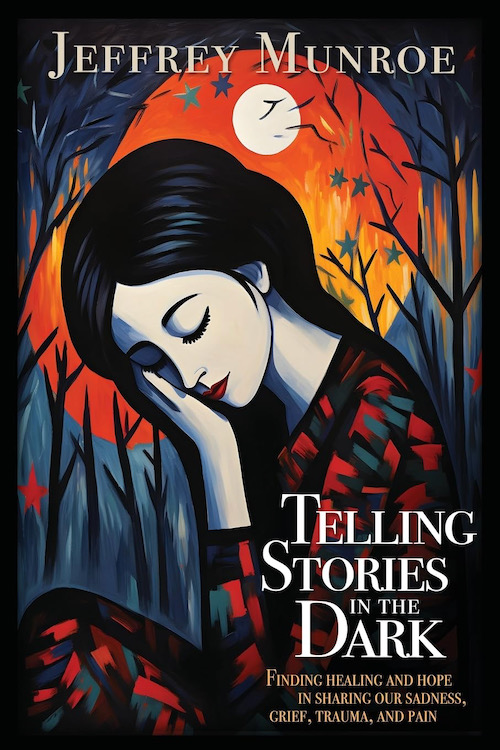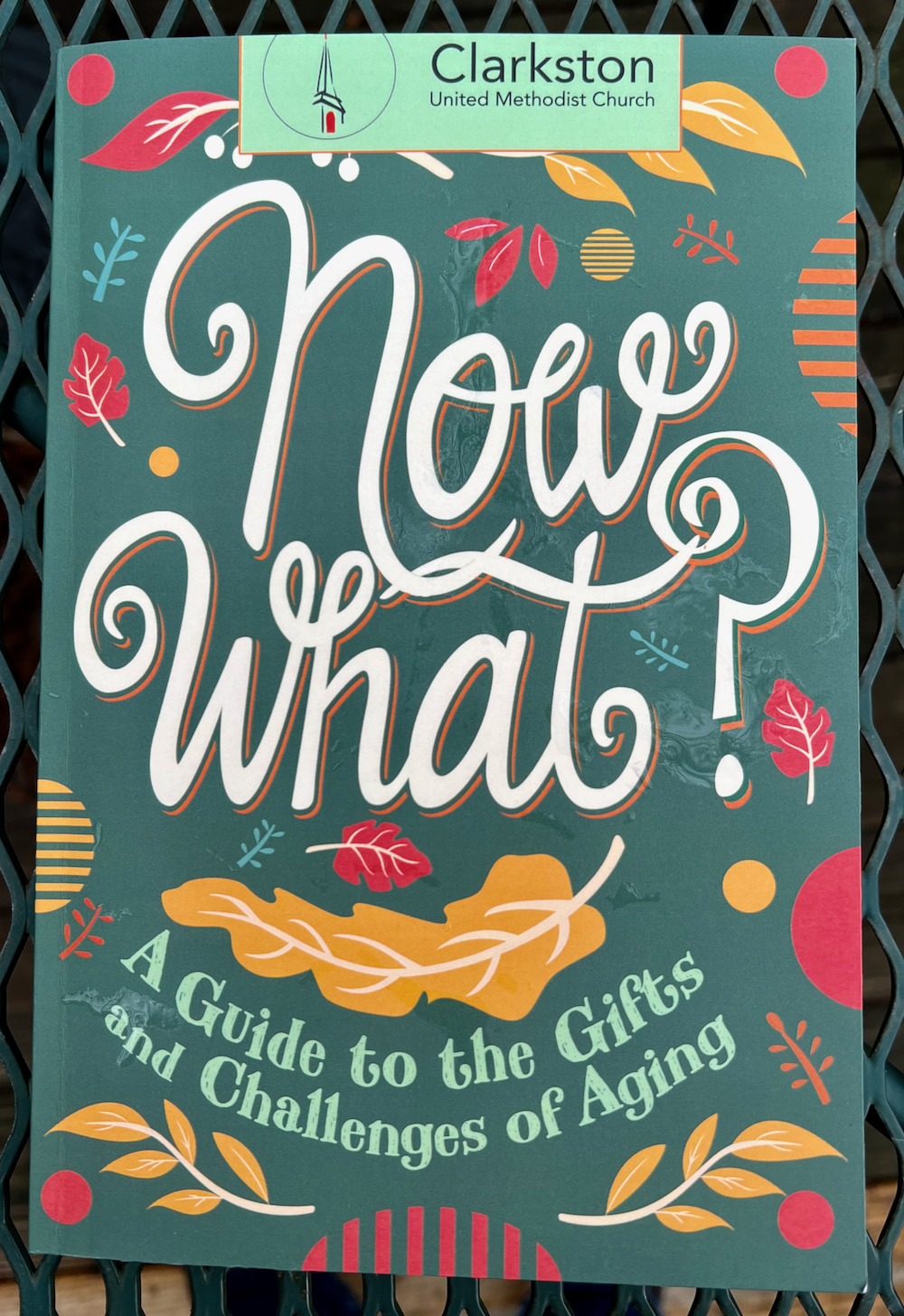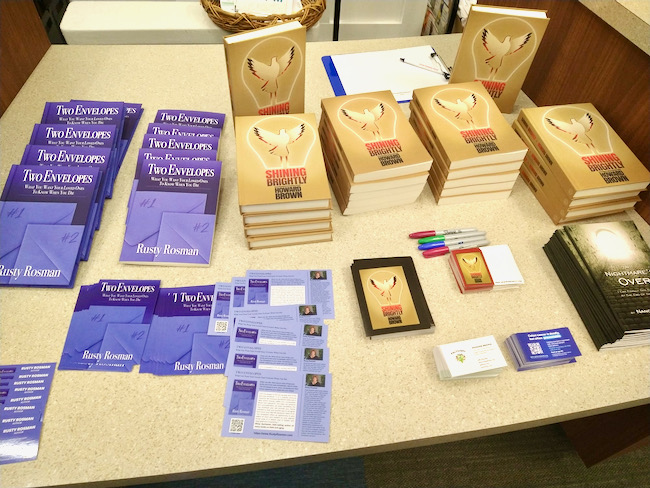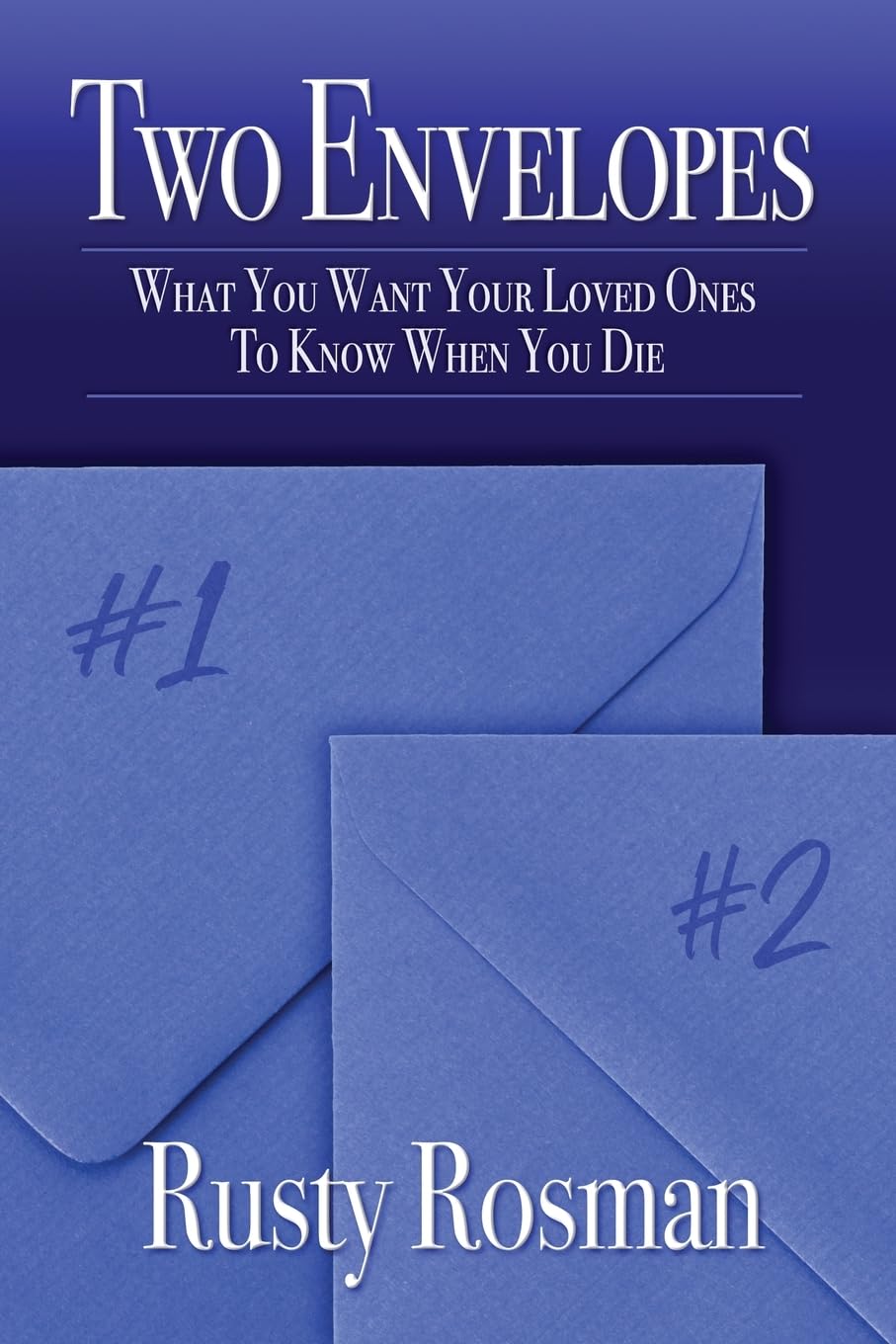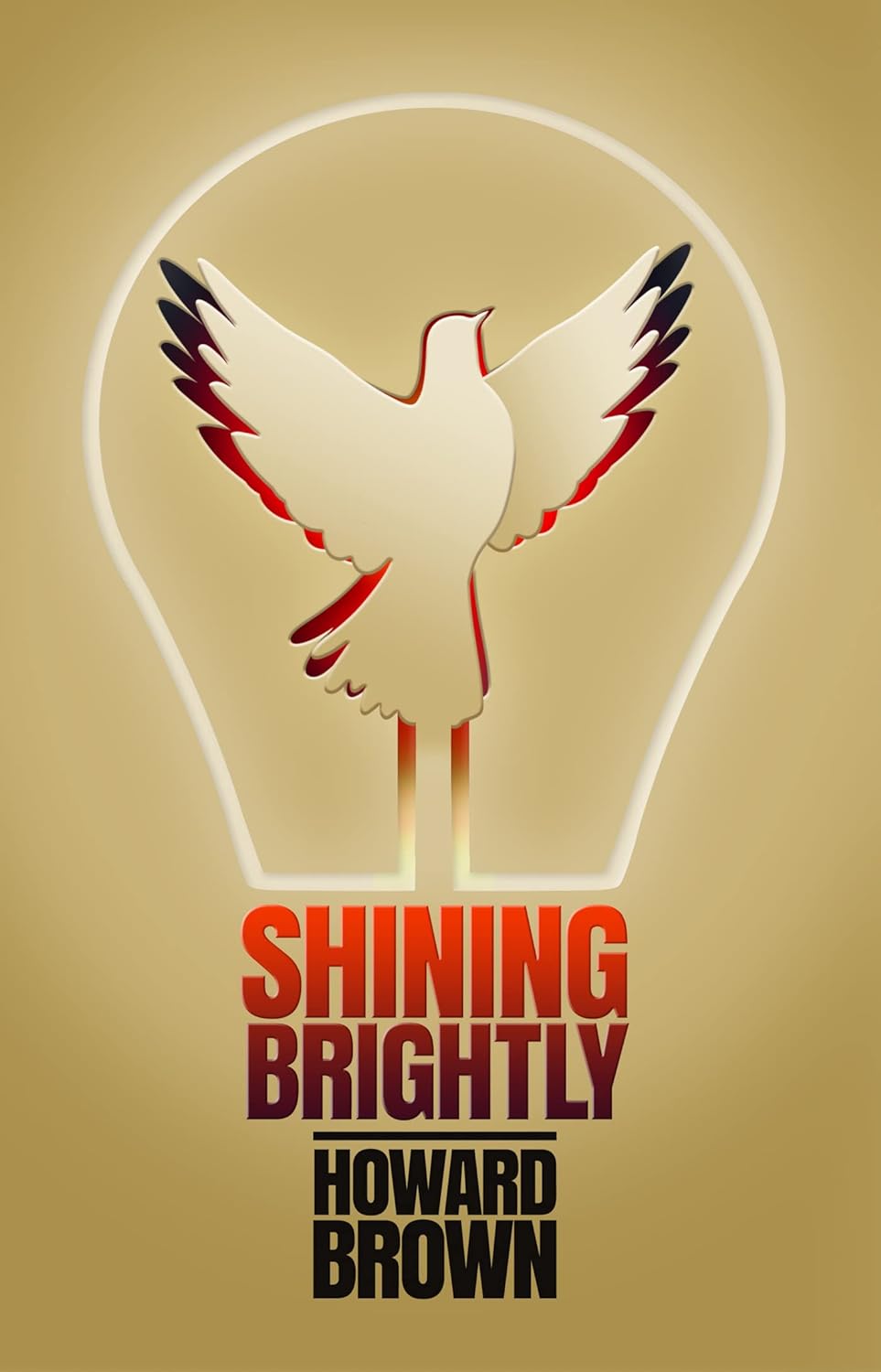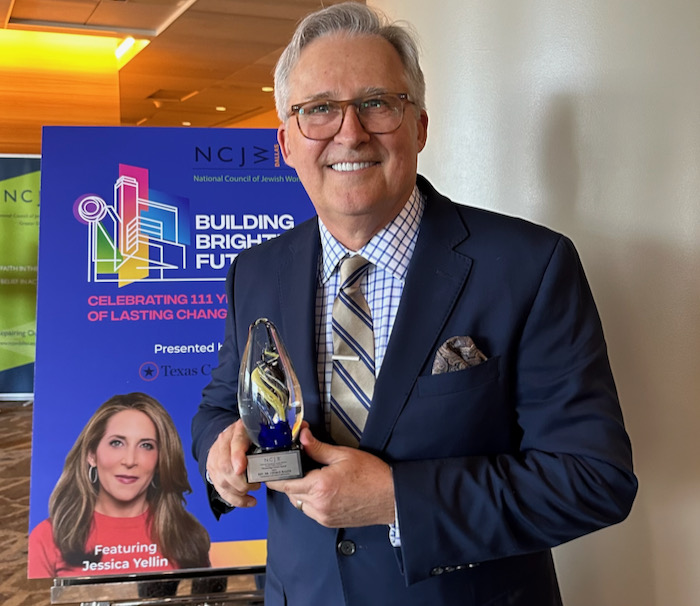
The Rev. Dr. George A. Mason with the National Council of Jewish Women Dallas Section annual Pioneering Partner Award. (Scroll down to see more photographs from the event, provided for this story by Gail Brookshire.)
Highlighting the importance of ‘dependable allies in the struggle for freedom, justice and equity’
By DAVID CRUMM
Editor of ReadTheSpirit magazine
George Mason—author of The Word Made Fresh—continues with his courageous messages about the need for good people to support each other and the most vulnerable among us in our communities. He has spoken about this urgent need on national podcasts, in short videos, at major conferences coast to coast—and he offered that same timely call to compassion again in Texas before the 111-year-old National Council of Jewish Women (NCJW) Greater Dallas Section.
The occasion was the NCJW’s annual Pioneering Partner Award and the group’s leadership asked the 2023 award winner—nationally known Latino advocate, attorney and public policy advisor Regina T. Montoya—to present this prize to Mason.
In presenting the award, Montoya said:
Today NCJW recognizes the Rev. Dr. George A. Mason, the founder and president of Faith Commons, a nonprofit that promotes public discourse rooted in the common values of many faiths. Faith Commons aims to inspire more people to participate in public life with mutual respect, hospitality and generosity.
The Rev. Dr. George A. Mason is a Christian theologian and Baptist pastor here in Dallas, Texas, where he served as senior pastor of the Wilshire Baptist Church from 1989 to 2022. … He participates in numerous local and global ecumenical and interfaith endeavors. He is a contributor to the Dallas Morning News on subjects of public interest that intersect with religion, such as public education, racial justice, predatory lending, and climate change. He is truly a shining star—a gift and a treasure to us here in our community.
Then, Mason rose to accept the award and said:
Thank you so much to NCJW for this remarkable award! Receiving it from this organization is significant to me because we live in such perilous times. Democracy itself is under siege. And having dependable allies in the struggle for freedom, justice, and equity is crucial these days—whether we’re talking about the endangered rights of women on all fronts, the full dignity of the LGBTQ+ community, the right to be safe from gun violence, the opportunity for a good public education that promotes critical inquiry and is free of religious control—or simply the most fundamental right of all—to vote.
NCJW is always on the job—and we salute you. The testimony of the recently murdered Russian dissident Alexei Navalny continues to echo in our hearts. From his isolated prison cell in Siberia, he told us that the forces of evil always want you to feel alone in your struggle for freedom and democracy. But we are never alone—despite how it sometimes feels. And, if you sometimes do feel that way—look around this room.
In these days, I know that many of you here have felt the agonizing tension between your deepest moral convictions and your spiritual and communal bonds. I want you to know tht we see you and stand with you in that tension.
In my own religious world, the fissure caused by Christian Nationalism continues to widen—and it is a threat that must be addressed from within our own community. Any religious ideas—even from our own faith—that deny or diminish the humanity of others or that endanger the planet we all share must be opposed.
George was interrupted by applause.
Fortunately, I c0me from a long line of radical Baptists—little noticed at times.
Interrupted by warm laughter.
Nonetheless, we believe that dissent can sometimes be the highest act of loyalty. For 35 year, I have had the privilege of serving or being part of a Baptist church like that—a church that believes it and practices it: Wilshire Baptist. And for the past six years, I have served through Faith Commons—alongside my peerless and fearless partner in that nonprofit, Rabbi Nancy Kastin.
Interrupted by applause.
We have gained inspiration to persevere from people like you in this room—people who believe that and practice it.
So keep the faith—and keep up the struggle faithfully.
And I’ll end with these words from the late minister of Riverside Church in New York City, William Sloane Coffin:
“The world is too dangerous for anything but truth.
And too small for anything but love.”Applause.
Care to learn more?
The Rev. Dr. George A. Mason’s most powerful messages from throughout his long career at Wilshire Baptist Church in Dallas are collected in the new book, The Word Made Fresh, which is available in hardcover, paperback and Kindle from Amazon.
